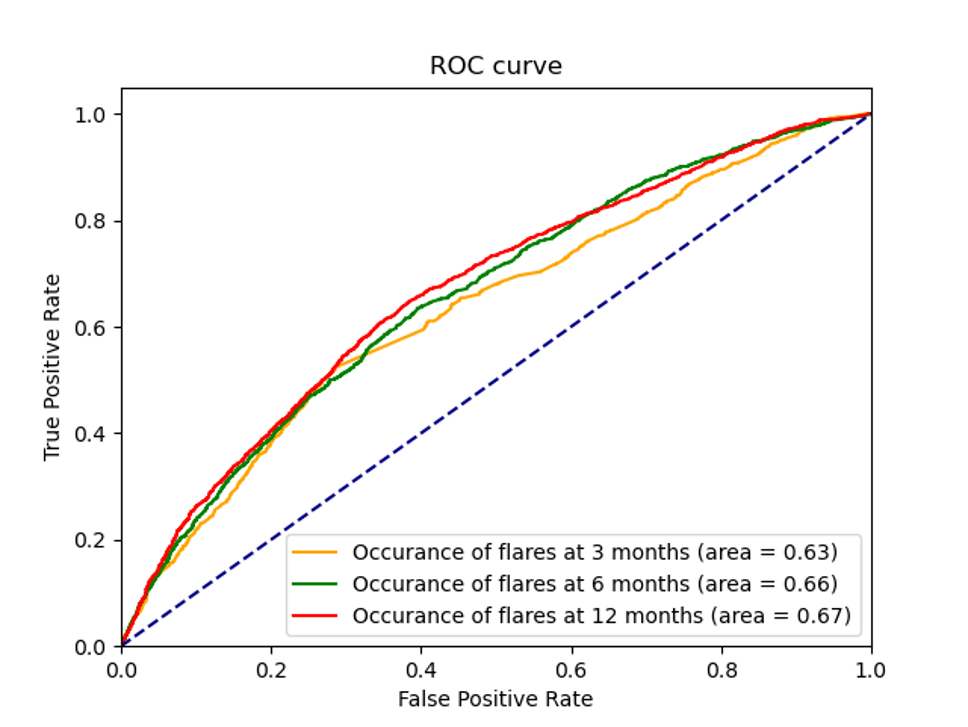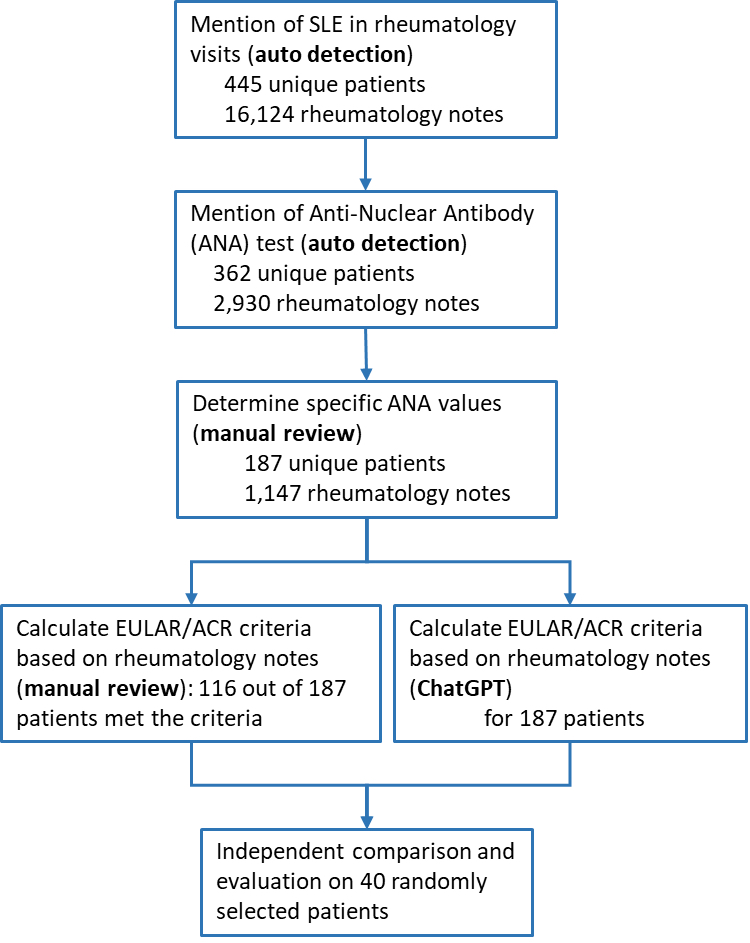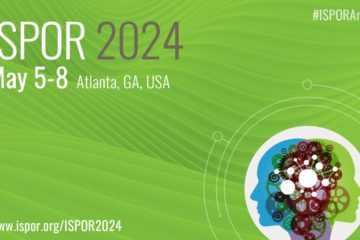Polygon Health Analytics will present two research projects on Systemic Lupus Erythematosus (SLE), through collaboration with Temple University and the University of Florida at ACR 2023 in San Diego on Tuesday, November 14.
An Electronic Health Record-Based Algorithm for Predicting Systemic Lupus Erythematosus Flares: Integrating Clinical Factors and Social Determinants of Health
SLE is known for its relapsing-remitting course, with patients experiencing disease activity flares over time. These flares are associated with multi-system organ damage, reduced quality of life, increased healthcare costs, and higher mortality rates. However, existing studies evaluating SLE flares and disease activities have not yet considered SDoH or patients’ social risks.
Our research addresses this critical gap by developing an electronic health record (EHR)-based machine learning prediction algorithm for SLE flares. By incorporating both patients’ clinical characteristics and SDoH (e.g., neighborhood unemployment rate and median income), we aim to support real-time clinical decision-making, address social risks, and reduce health disparities. Using data from the OneFlorida+ network, covering millions of residents, we have identified 33,151 eligible SLE patients with the mean age was 45 (std: 16) years, 89% were females, and 39%, 26%, and 25% were non-Hispanic White, non-Hispanic Black, and Hispanic race/ethnicity, respectively. Our algorithm showed a good utility for predicting individuals’ risk of flares, achieving a C statistic (standard deviation) of 0.63 (0.01), 0.66 (0.01), and 0.67 (0.01) at the 3- month, and 6- month, and 12-month period, respectively.

Leveraging ChatGPT for Real-World Systemic Lupus Erythematosus Data Curation from Electronic Health Records: A Feasibility Study
In this presentation, we leveraged the cutting-edge Natural Language Processing (NLP) model, ChatGPT 4.0, to analyze clinical notes and identify potential SLE diagnoses. Our study aimed to evaluate the adequacy of clinical notes in capturing key clinical details required for SLE classification and assess ChatGPT’s efficacy in identifying these variables.
With a focus on data from Temple University Health System’s EHR, we conducted a thorough review of rheumatology notes and employed ChatGPT 4.0 to extract EULAR/ACR clinical variables. Our results indicate a high level of agreement between ChatGPT’s interpretations and those of trained medical professionals. This pioneering approach demonstrates the potential of NLP techniques in enhancing SLE research using real-world data.

These two research projects represent Polygon Health Analytics’ ongoing commitment to advancing the understanding and management of SLE. By leveraging innovative technologies and interdisciplinary collaborations, we aim to contribute to improved patient care, reduced health disparities, and the pursuit of precision medicine in SLE treatment.
For more information about our research and our participation in the ACR 2023 Conference, please visit https://polygonhealthanalytics.com/acr-2023/



0 Comments